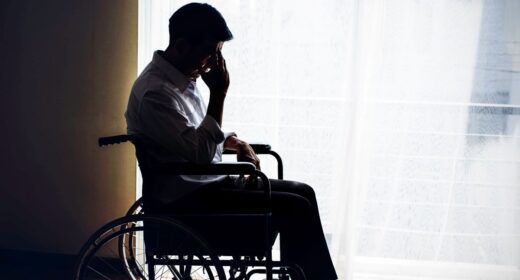To prepare and respond to COVID-19, hospitals are pushing back elective surgeries. Pre-COVID-19, the Queensway Carleton Hospital in Ottawa did 30-40 elective surgeries every day. Now, the hospital does 2-5 elective surgeries. Many people, especially cancer patients, are worried about how these delays will affect their health.
What is an elective surgery?
An elective surgery is any surgery that can safely be done at a later time. In some cases, this includes cancer surgeries.
How are elective surgeries being rescheduled?
The province and individual hospitals have rolled out pandemic plans to address delayed surgeries.
For example, Ontario Health Care-Cancer Care Ontario (OH-CCO) released a pandemic plan on March 10, 2020 that categorizes patients as priority A, B, or C. Guided by the plan, hospitals exercise discretion in how they review their patients, place them into the appropriate category, and monitor them. Sunnybrook’s Odette Cancer Centre, for example, meets daily to review their patient list, assigns their patients surveillance plans, and calls their patients weekly to assess their symptoms.
What should I do if I feel my treatment is being neglected?
- Follow-up with your health care provider
- These are unique circumstances, so we encourage having both appreciation and patience for your health care provider. That said, your health care provider is still responsible for your treatment and communicating important updates to you. Call or e-mail them if you have concerns.
- Discuss alternative treatments
- If your elective surgery will not be scheduled in the foreseeable future, talk to your health care provider about alternative treatments, including medication, to help control your symptoms.
- Go to the emergency room if needed
- If your symptoms are severe, go to the emergency room. Emergency rooms are open and hospitals are prepared to separate COVID-19 patients from others. Emergency physicians have noticed a drop in visits and are encouraging those who need emergency services to not hesitate to come in.
- Talk to a lawyer
- Speak to a lawyer to confirm your rights. In one case, Frazer v Haukioja (2008), a doctor’s negligence resulted in delayed surgery and a permanent disability. The plaintiff received nearly $1.8 million dollars in damages. If you have questions about your rights, let one of our experienced personal injury lawyers help you.
- Recognize the situation is fluid
- Things are changing rapidly. It’s important to keep in touch with your healthcare provider and stay informed of available resources and services as the situation evolves.



